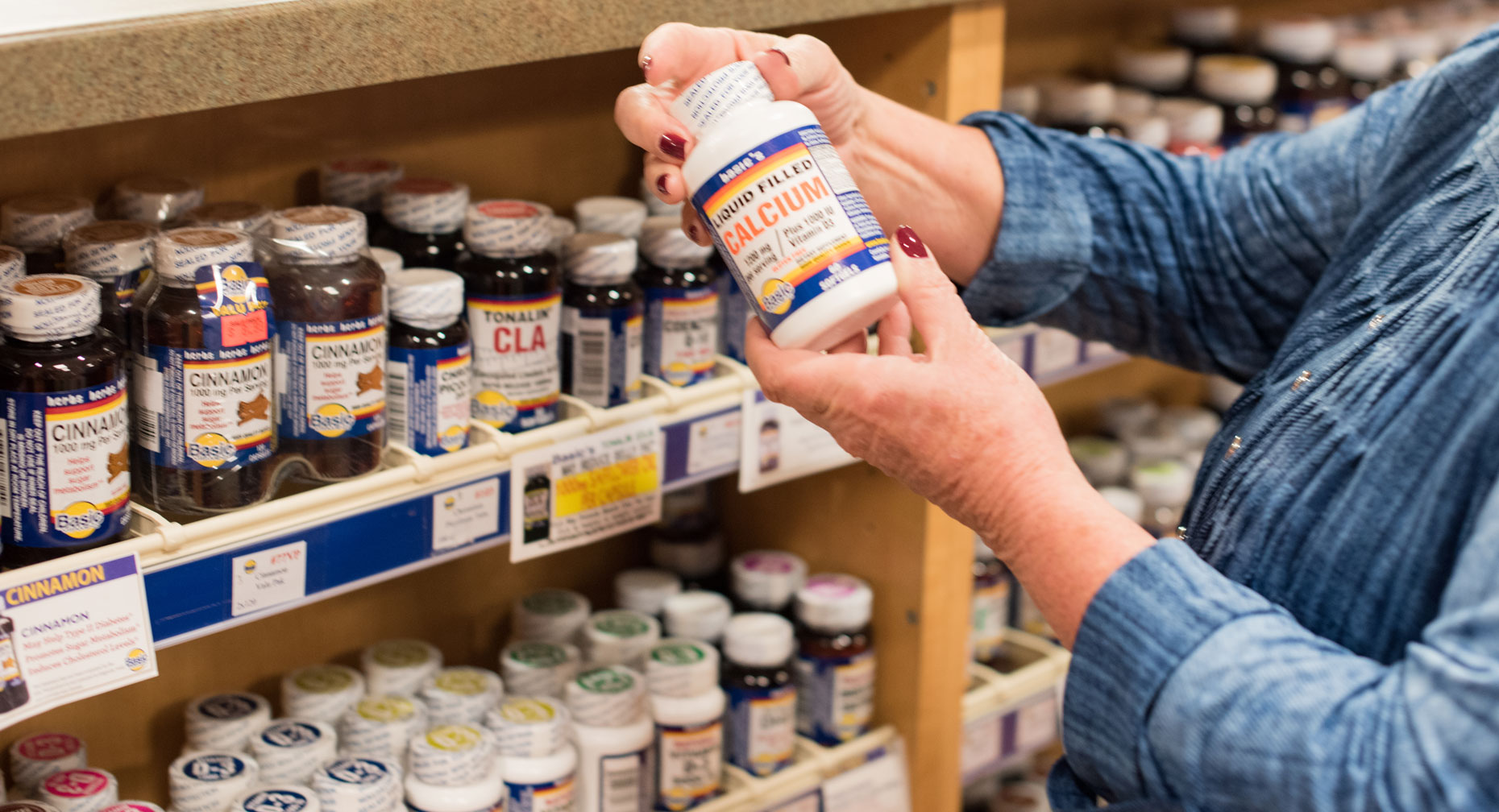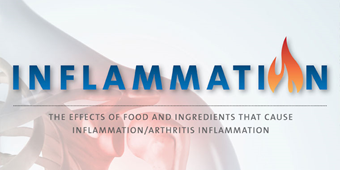3 Reasons to Stock Up on Vitamins and Minerals

Answer a few questions and we'll provide you with a list of primary care providers that best fit your needs.

Vitamins and minerals play an important role in your overall health. They help your body grow and develop, and they can ward off illness. Get too little, and you may run into health problems. Getting too much can also cause problems.
A blood test can show if you’re not getting the right amount of a certain vitamin or mineral. The best way to maintain proper vitamin and mineral levels is to eat a healthy, balanced diet. But sometimes doctors recommend dietary supplements.
Here’s a look at just a few of the vitamins and minerals so important to our health—and why you should pay attention if your doctor tells you you’re deficient:
The best way to maintain proper vitamin and mineral levels is to eat a healthy, balanced diet.
- Vitamins are essential for growth and development.
One key nutrient is vitamin D, which helps build strong bones and aids in growth and development. A lack of vitamin D can cause fatigue, bone pain and/or muscle weakness. On top of that, research has shown that vitamin D deficiency may be linked to more than a dozen types of cancers, plus heart disease, stroke, autoimmune diseases, birth defects and periodontal disease.
Increase your intake: You can help your body produce enough vitamin D through your diet, getting exposure to the sun, and/or taking supplements. Many foods are fortified with vitamin D, including milk, breakfast cereals, orange juice and bread. Also look to fatty fish, such as salmon and tuna, eggs, certain dairy products and mushrooms to boost your vitamin D levels. - Minerals can affect motor and cognitive development.
Iron is one of these minerals. It helps carry oxygen throughout the body. Getting enough iron in your diet increases your resistance to infection. Having significantly low iron is called anemia; this can cause fatigue, hurt cognitive and immune function, and wreak havoc on your gastrointestinal system.
Increase your intake: The best sources of iron come from lean meat and seafood, especially beef liver and oysters. Good nonmeat choices include legumes; whole-grain breads, cereals or grain products that have been iron-fortified; and dark, leafy green vegetables such as spinach. - Vitamins and minerals boost your immune system.
Vitamins A, C, D and the mineral zinc all help promote immunity, helping you fend off colds and infections. Vitamin C, an antioxidant, is also important to your skin, bones and connective tissue, plus it promotes healing. Current research on vitamin C is looking at whether this vitamin may help prevent or delay the development of certain cancers and cardiovascular disease.
Increase your intake: The best sources of vitamin C are fruits and vegetables, especially citrus fruits, tomatoes, tomato juice and potatoes. Other good sources include strawberries, kiwi, cantaloupe, red and green peppers, broccoli and Brussels sprouts
As you can see from the foods mentioned above, a well-rounded diet gives you the best supply of vitamins and minerals. Choose a variety of healthy foods to reap the rewards of healthy development, disease prevention and overall wellness.
Answer a few questions and we'll provide you with a list of primary care providers that best fit your needs.
Source: National Institutes of Health; Centers for Disease Control and Prevention; U.S. Department of Agriculture; Premier Health, Vitamin D: A Powerhouse Nutrient, 4/12/2018; Premier Health, Bone Up on Ways to Beat Vitamin D Deficiency, 07/14/2017




